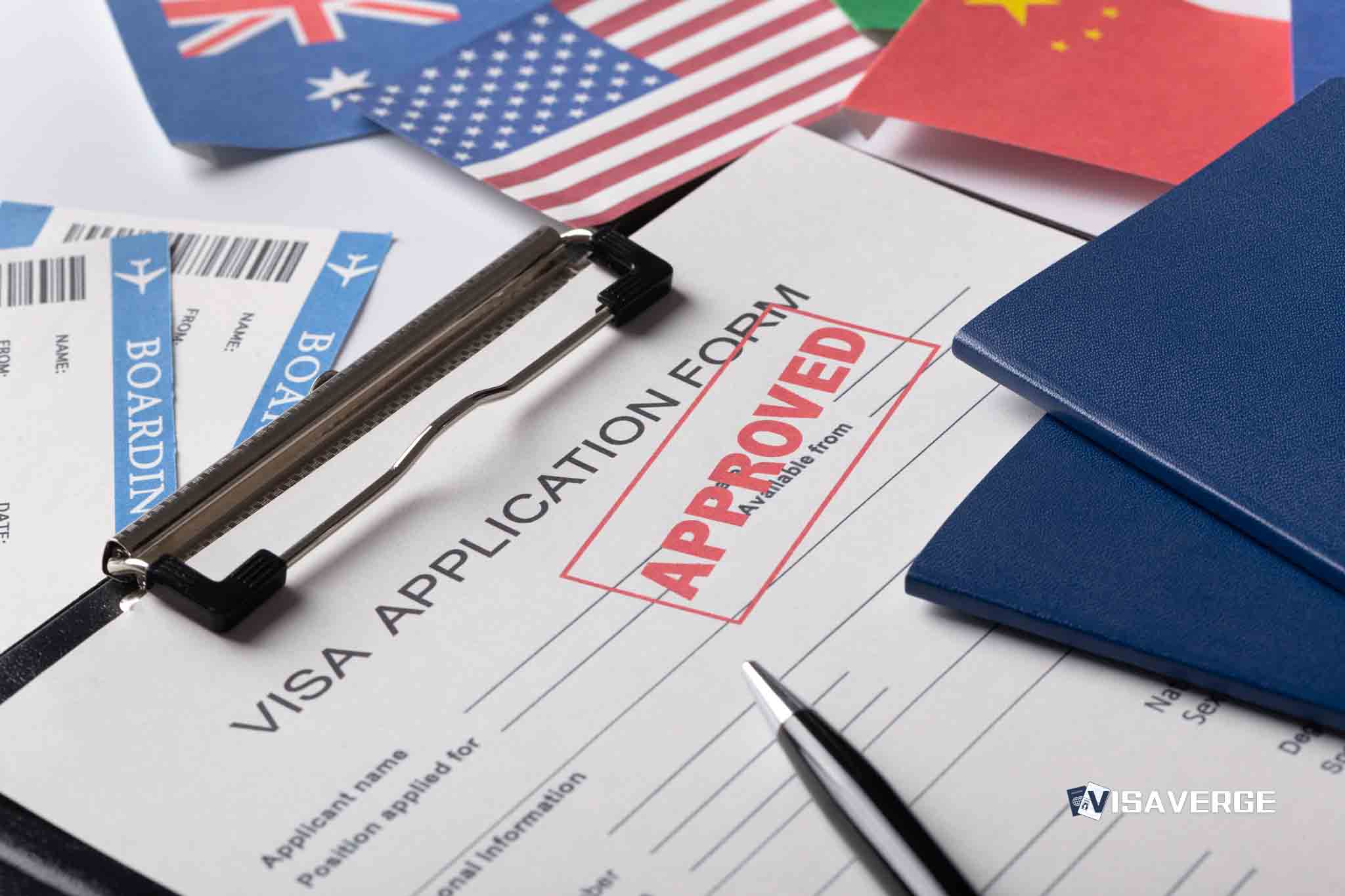Understanding the I-140 Sponsorship Process
If you’re navigating through the U.S. immigration system, you might be considering an I-140 sponsorship, a vital step for certain employment-based visa categories. But what happens if your employer is ready to sponsor you, yet lacks an established track record in this arena? Let’s demystify the immigration sponsorship process and explore solutions to your employer sponsorship challenges.
Employer Sponsorship Challenges with No Prior Record
Firstly, it’s important to know that having an employer willing to file an I-140 petition on your behalf is a positive development. However, the lack of a sponsoring track record can raise concerns around the credibility and capability of the employer to support a visa application.
The U.S. Citizen and Immigration Services (USCIS) examines every petition closely, ensuring that the sponsoring employer has the financial ability to pay the offered wage and that the position is legitimate. A new sponsor might face additional scrutiny, but there are steps that can be taken to build a strong case.
Crafting a Strong I-140 Petition
Here are some tips to help your employer prepare a robust I-140 sponsorship application:
- Documentation: Your employer should compile comprehensive evidence that substantiates the business’s legitimacy and financial health. This could include tax returns, annual reports, or bank statements.
- Business Plan: A clear, detailed business plan can show intent and the capacity for growth, including how your intended role fits into the company’s future.
- Legal Counsel: Enlisting the help of an experienced immigration attorney can be invaluable in navigating the complex I-140 process.
- Employee Credentials: Be sure that your qualifications and credentials are properly documented and align with the requirements for the sponsored position.
- Transparent Communication: Open dialogue with USCIS, providing clear explanations and additional documentation upon request, can demonstrate good faith and legitimacy.
When an Employer’s Sponsorship is Questioned
Should the sponsoring capacity of an employer be questioned, it is usually through what is known as a Request for Evidence (RFE). USCIS may issue an RFE to seek additional detail about the petitioning employer’s ability to pay the proffered wage or the bona fides of the enterprise.
At this stage, having an immigration attorney can help tailor the response accurately and persuasively. Keeping a calm, methodical approach to addressing each point raised is critical.
Importance of Meeting USCIS Requirements
Having the requisite documentation and meeting all of the USCIS requirements is always essential. For specific guidelines on the I-140 immigration sponsorship process, refer to the official USCIS website or the Department of Labor’s page on Permanent Labor Certification.
Even without a track record, with careful planning and the right legal advice, your employer can successfully navigate the I-140 sponsorship process. Being thoroughly prepared is the best strategy to overcome the challenges of employer sponsorship and move closer to achieving your immigration goals.
So there you have it, folks! Navigating the I-140 sponsorship process can be a bit daunting, especially if your employer is new to the immigration game. But fear not! With solid documentation, a killer business plan, and the right legal guidance, you can conquer those challenges and reach your immigration goals. Need more tips and tricks? Head on over to visaverge.com for all things visa-related. Happy sponsoring, my tech-savvy amigos!
FAQ’s to know:
FAQ 1: What challenges might arise when an employer lacks a track record for I-140 sponsorship?
When an employer lacks a track record for I-140 sponsorship, concerns may arise regarding their credibility and capability to support a visa application. The U.S. Citizen and Immigration Services (USCIS) carefully examines every petition and new sponsors may face additional scrutiny. However, there are steps that can be taken to address these challenges and build a strong case.
FAQ 2: What can be done to prepare a strong I-140 sponsorship application?
To prepare a strong I-140 sponsorship application, your employer should focus on the following:
- Documentation: Compile comprehensive evidence, such as tax returns, annual reports, or bank statements, to substantiate the legitimacy and financial health of the business.
- Business Plan: Create a clear and detailed business plan that demonstrates intent, growth capacity, and how the sponsored position aligns with the company’s future.
- Legal Counsel: Seek the help of an experienced immigration attorney who can provide valuable guidance throughout the complex I-140 process.
- Employee Credentials: Ensure that your qualifications and credentials are properly documented and aligned with the requirements for the sponsored position.
- Transparent Communication: Maintain open dialogue with USCIS, providing clear explanations and additional documentation upon request to demonstrate good faith and legitimacy.
FAQ 3: What happens when the sponsoring capacity of an employer is questioned?
If the sponsoring capacity of an employer is questioned, the U.S. Citizen and Immigration Services (USCIS) may issue a Request for Evidence (RFE). An RFE seeks additional details about the employer’s ability to pay the offered wage or the legitimacy of the enterprise. At this stage, it is essential to work with an immigration attorney who can help craft an accurate and persuasive response, addressing each point raised in a calm and methodical manner.
What did you learn? Answer below to know:
- True or False: Lack of a sponsoring track record can raise concerns about the credibility and capability of an employer during the I-140 sponsorship process.
- What can help demonstrate the sponsoring employer’s intent and capacity for growth in an I-140 petition?
a) Tax returns and bank statements
b) Employee credentials
c) Transparent communication with USCIS
d) Legal counsel - What is the purpose of a Request for Evidence (RFE) during the I-140 sponsorship process?
a) To seek additional detail about the petitioning employer’s ability to pay the proffered wage
b) To verify the qualifications and credentials of the sponsored employee
c) To expedite the processing of the I-140 petition
d) To determine the legitimacy of the sponsoring employer’s business plan














